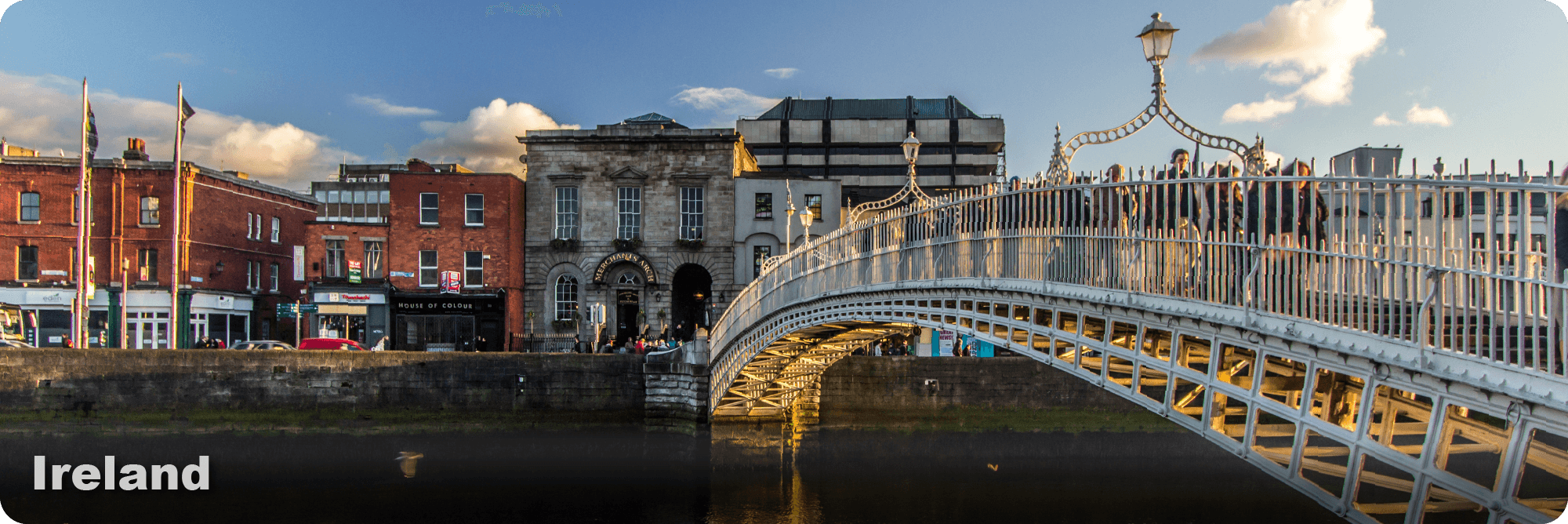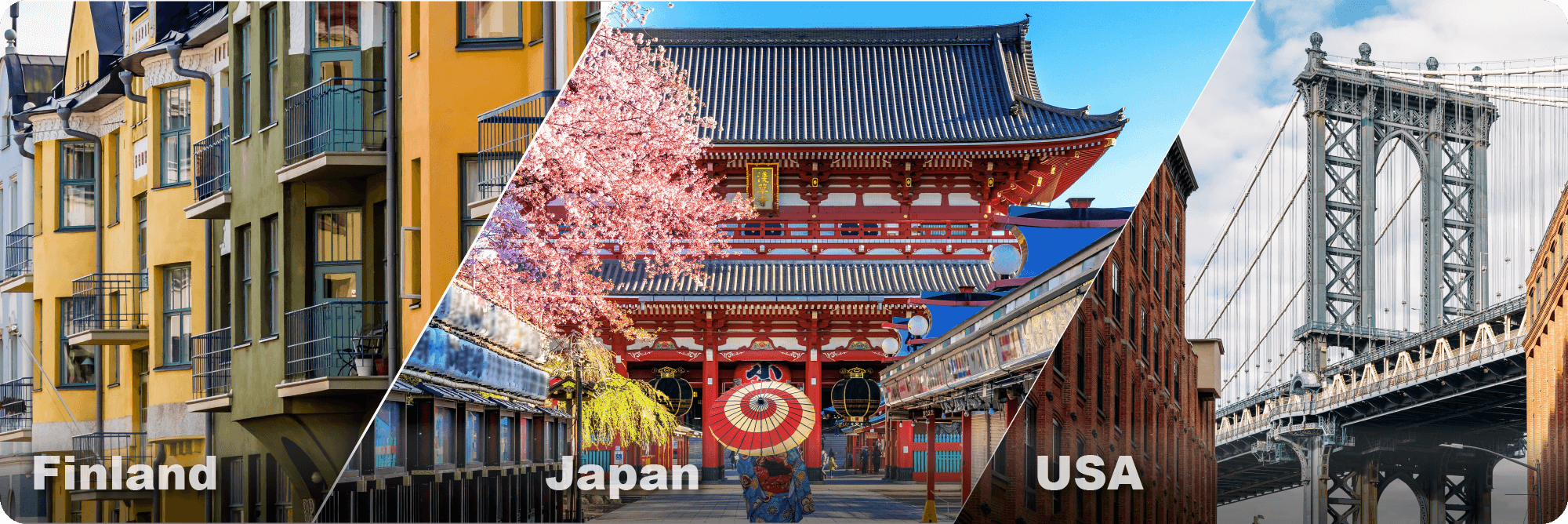The Burrow

No matter which way they turn, women can face pressure and expectation from family and friends (and society at large) on whether they should or shouldn’t have children, and when is the right time to do so.
For women who want to have children later in life (for any number of reasons) but are worried about declining fertility, freezing their eggs offers a potential solution. Thankfully, modern fertility treatments such as ‘in vitro fertilisation’ (IVF) can help women who may have difficulty conceiving naturally.
But how popular is egg freezing, and how expensive is it to freeze your eggs? As health insurance experts, we wanted to take a look at online search volume for the term ‘egg freezing’ to see which countries had a higher interest in the topic. We also took a look at the average age of women at childbirth, and some example costs to freeze and store eggs.
Here are the results.

Ireland had the highest monthly search rate per capita for the term “egg freezing” out of the countries we analysed, with 6.954 searches per 100,000 people. The popularity of egg freezing in Ireland has been rising over recent years, with the COVID-19 pandemic contributing to an even bigger increase in women freezing their eggs since 2020.1
Also contributing to the rise was the news in 2023 that the Irish Government would help fund fertility services, after previously being the only country in the European Union that didn’t help fund IVF and related fertility treatments.2
On the other hand, Mexico had the lowest monthly search with 0.055 per 100,000.

Ireland is not just the nation with the highest per capita search interest for “egg freezing”, but also has the highest mean age for women when they first give birth at 32.2 years of age. In contrast, Colombia had the youngest mean age of 26.9 years at childbirth, and the second-lowest search volume.
As could be expected, nations with a younger mean age at childbirth generally showed less interest in egg freezing – though Japan, Sweden, Spain and Taiwan were notable exceptions to this trend.

Finland was the country with the highest example at US$3,238. Japan had the lowest cost at US$1,072. The costs are so low because in 2022, Japan’s government announced it would reimburse 70% of the cost of IVF and egg freezing in an effort to help increase the country’s very low birth rate.3
Many IVF clinics include some egg storage in the price of the egg freezing treatment (typically one year but sometimes just six months), though some may charge extra for egg storage and list it separately.
It’s also possible to purchase additional storage time if patients aren’t quite ready to try to have children using their frozen eggs. The USA had the most expensive additional storage cost at US$700 per year, while Japan again had the cheapest at just US$34.
NOTE: these prices are examples and different clinics and care providers will charge different costs, and there may be additional expenses related to additional treatment and medication not covered in these prices. These numbers are intended as an example only and individual experience with egg freezing costs will differ between patients and providers in different countries. Additionally, these costs may or may not be eligible for rebates from Government healthcare providers within those countries, depending on the rules of that specific country. Prices are accurate as of 14/03/2024 and are subject to change.
| Country | “Egg freezing” monthly search volume per 100,000 people | Mean age at childbirth (years) | Example cost of egg freezing (USD) | Example cost of egg storing (USD)^ |
| Ireland | 6.954 | 32.2 | $3,238 | $540 |
| Australia | 5.060 | 31.2 | $3,853 | $323 |
| UK | 4.456 | 30.6 | $4,232 | $158 |
| USA | 2.410 | 29.6 | $6,500 | $700 |
| Canada | 2.353 | 31.1 | $3,863 | $260 |
| New Zealand | 1.952 | 30.6 | $6,934 | $270 |
| Türkiye | 1.651 | 29.0 | $2,159 | $108 |
| Austria | 0.893 | 30.9 | $2,478 | $405 |
| Norway | 0.740 | 31.2 | $3,559 | $285 |
| Denmark | 0.683 | 31.4 | $3,736 | $217 |
| Portugal | 0.678 | 31.4 | $2,914 | $583 |
| Finland | 0.541 | 31.0 | $8,635 | $207 |
| Greece | 0.470 | 31.5 | $3,778 | $216 |
| Germany | 0.421 | 31.1 | $3,249 | $443 |
| South Africa | 0.405 | 27.7 | $1,838 | $100 |
| Taiwan | 0.339 | 31.5 | $3,200 | $159 |
| Spain | 0.316 | 32.1 | $2,588 | $540 |
| France | 0.221 | 30.6 | $3,778 | $335 |
| Poland | 0.132 | 29.6 | $1,755 | $162 |
| Sweden | 0.096 | 31.2 | $3,684 | $373 |
| Japan | 0.064 | 31.4 | $1,072 | $34 |
| Colombia | 0.058 | 26.9 | $4,935 | * |
| Mexico | 0.055 | 27.0 | $4,000 | $360 |
^ Most prices reflect one year of storage time, but this time will differ between providers.
* A set period of embryo storage is included in in the example egg freezing cost for Colombia.
Some countries, such as Japan and EU member countries, help subsidise the cost of IVF, egg freezing and other fertility treatments. In other countries however, there may be no government coverage and the costs can add up quickly.
In Australia, private health insurance does not cover egg freezing. Compare the Market’s Executive General Manager of Health, Steven Spicer, explains.
“If you have a policy which includes assisted reproductive services and are booked in for medically necessary egg collection as a hospital in-patient, then the egg retrieval will have some coverage,” Mr Spicer said.
“However, it won’t cover other costs related to it such as freezing the eggs and storage. If the egg retrieval is done as an outpatient in a private clinic setting, that isn’t covered either. These costs aren’t cheap and it can be an expensive process that people may need to spend time preparing for.”
For those who are planning on having kids, Mr Spicer notes that extras cover can provide a range of relevant benefits that impact their lifestyle.
“Extras cover can be quite broad. For people thinking about having kids, an extras policy can pay a benefit towards services such as birthing classes and pre or post-natal counselling.
“It’s worth having a look at what your extras policy includes when getting ready to have kids.”
Mr Spicer adds that those planning on having children can find benefit in pregnancy cover with private hospital insurance.
“Pregnancy cover with private health insurance provides expectant parents with a greater degree of choice in their care for their pregnancy journey and delivering the baby. It allows you to choose your own available obstetrician, choose to give birth in a private hospital, and have a private room if it is available. This coverage has a 12-month waiting period, so it’s important to get it ahead of time when you start planning on having children.”
We gathered the average monthly search volume for the term “egg freezing” in 23 countries analysed on Ahrefs, based on the previous 12 months. This was then compared to the national population of the countries to calculate the monthly search rate per 100,000 people using latest available figures from Data Commons. Where the country was a non-English speaking nation, the term “egg freezing” was translated into the main language of that country, and whichever term had the highest search volume (English or native tongue), was used for the purposes of calculating the search volume per capita.
The average mean age at childbirth was sourced from World Population Review. Prices for egg freezing were specifically based on the cost of egg freezing, and do not include other costs for the process of IVF. These were converted from local currency into USD on 12/02/2024. Sources for the prices are listed below.
